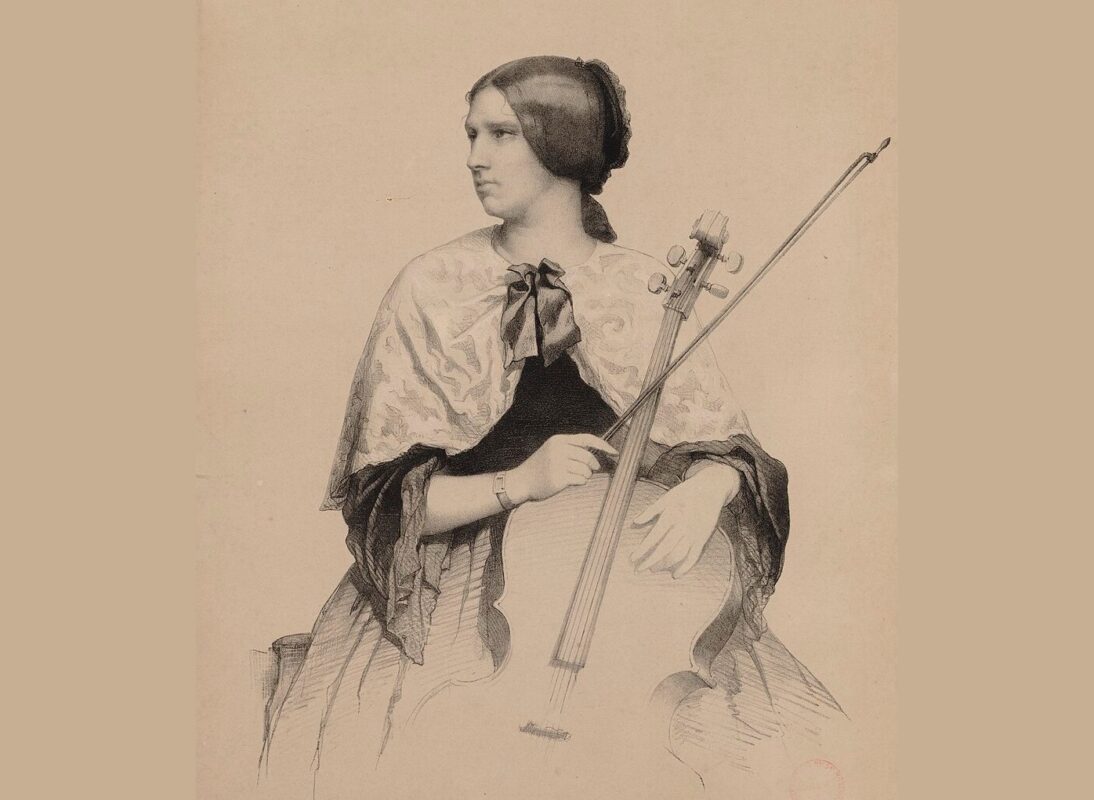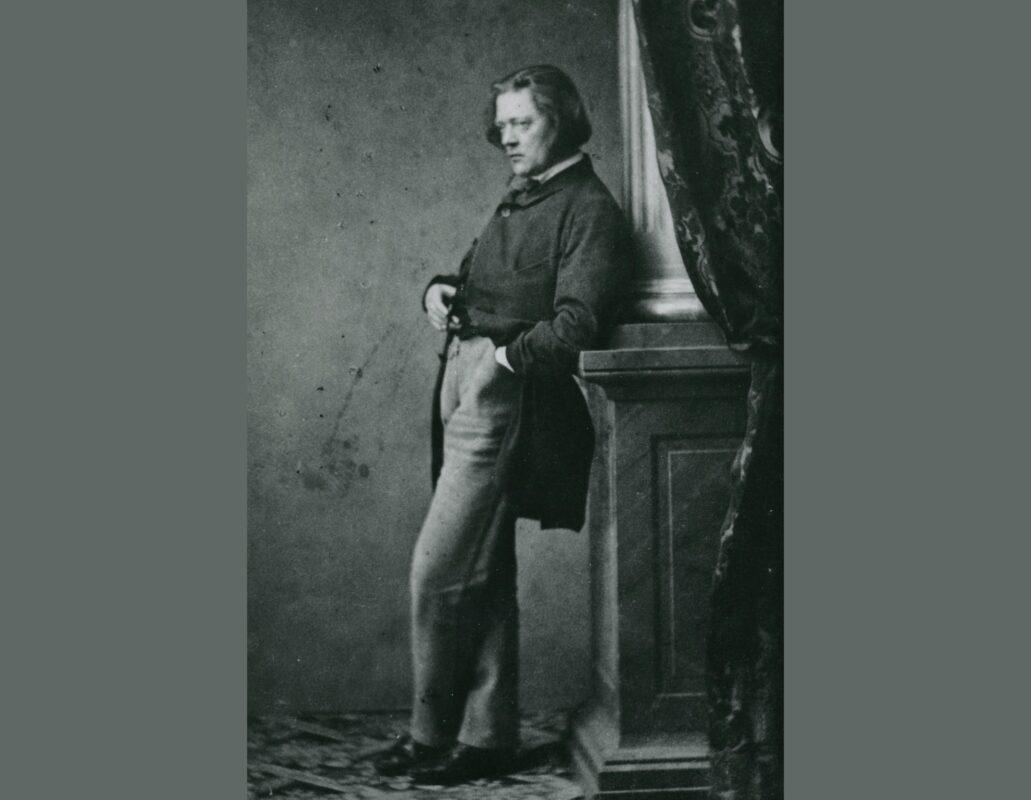Taken from the vihuela
Pieces from the Spanish Renaissance mostly arranged for the modern guitar.

The most important plucked instrument in 16th century Spain was the vihuela: tuned like a lute, with six courses like a (modern) guitar, with a lute-like sound hole but a flat, guitar-like body. And so the volume also contains Spain of the series Lute pieces from the Renaissance not a single actual lute piece. Nevertheless, the vihuela arrangements for guitar by Werner Reif are rightly included in the series of sheet music editions with lute music from Italy, England, France or Germany, as they fit in perfectly both stylistically and in terms of playing technique.
We encounter a total of 17 pieces by four composers. Alonso Mudarra is best represented with his mostly two- to three-part fantasias, whereby the one that imitates "Ludwig's harp playing" in a rhythmically attractive way stands out in particular. The variation pieces by Luys de Narváez - including the well-known Guárdame las vacas The interspersed intermediate notes, which often lead to the upper note of a fifth, provide a special melodic flair. The two pieces by Miguel de Fuenllana, on the other hand, sound rather baroque with their fugal beginnings, clear major-minor harmony and simple final turns. There is a short pavane by Diego Pisador, and at the end of the booklet there are three more pieces by Mudarra, now for the four-choir Spanish Renaissance guitar. These are the only pieces for which it is not recommended to retune the 3rd guitar string from g to f sharp.
The arrangements are provided with extensive fingerings which, according to the preface, are in most cases closely based on the original tablatures. Surprisingly, the Valencian master Luys Milán is not represented in the collection (alongside the lesser-known Vihuelists Esteban Daza and Enriquez de Valderrábano).
Lute pieces from the Renaissance - Spain, arranged for guitar by Werner Reif, D 905, € 12.80, Dux-Verlag, Manching 2014









